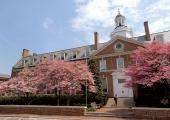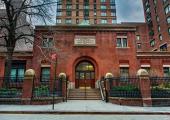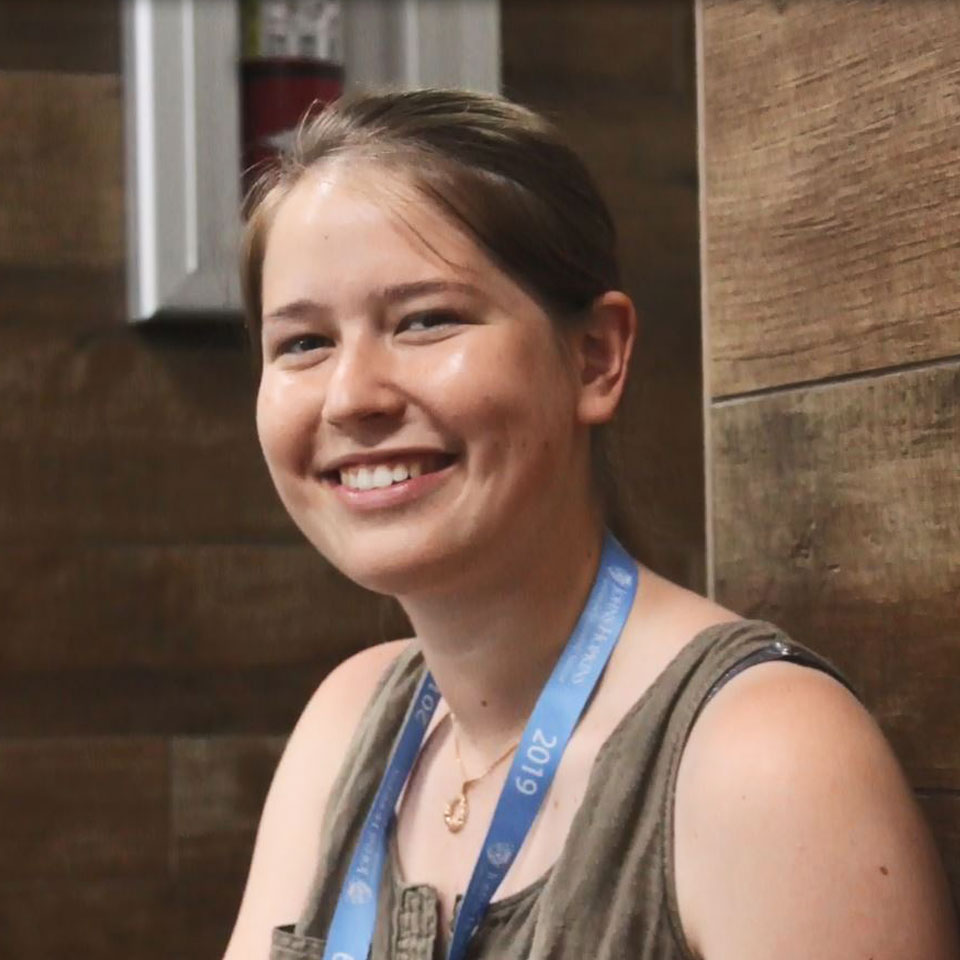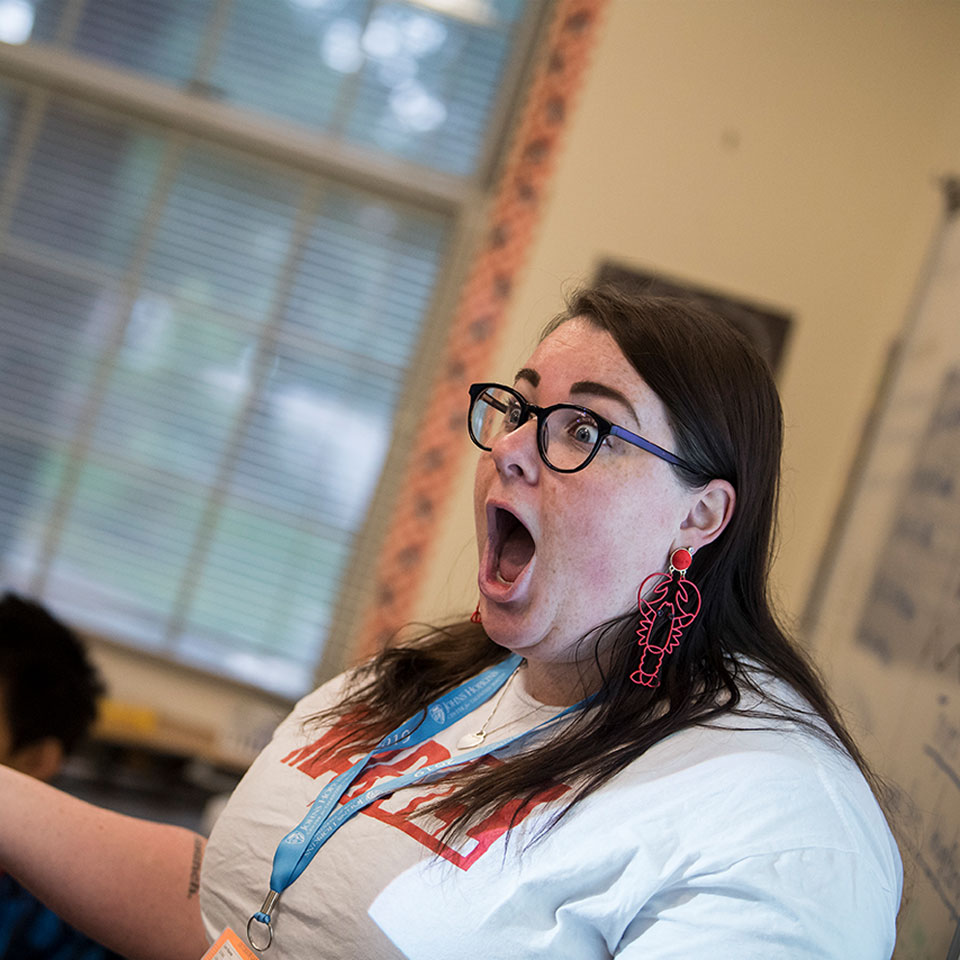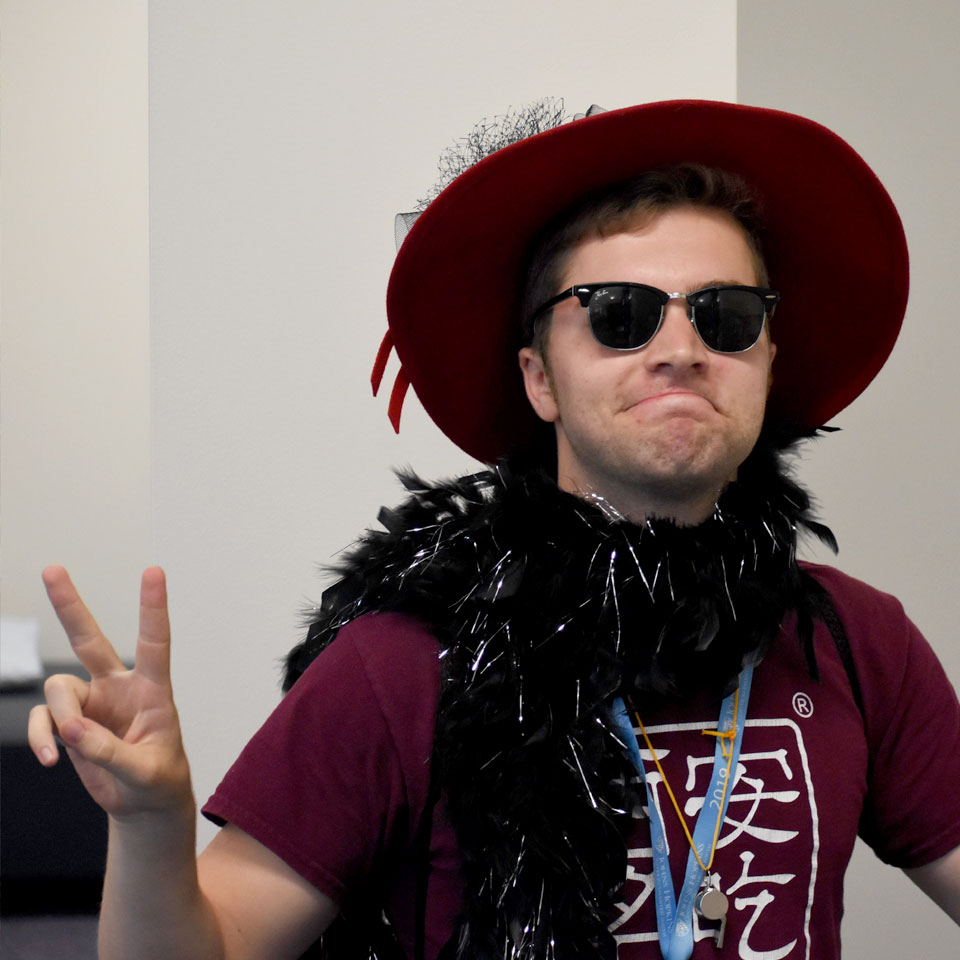Breadcrumbs
Examining the Evidence
- Grades 5-6
- CTY-Level
-
Residential and Commuter
- Science and Engineering
How can an abandoned car, devoid of license plates, help detectives solve a jewel heist? How can a single strand of hair keep a man from going to jail? In this course, you will uncover the answers to these types of questions while learning the science behind forensic investigation. After reviewing the scientific skills of observation and deduction, you’ll learn techniques forensic scientists use to analyze hair, fibers, fingerprints, impressions, and documents while processing a crime scene. You and your classmates will explore blood-typing and spatter patterns, toxicology, and DNA analysis. Through the study of notorious cases, such as the Lindbergh baby kidnapping and the assassination of John F. Kennedy, you will become familiar with the history of forensic science and advances in the field. And in mock investigations, you’ll use your newly acquired analytical techniques to uncover clues, examine evidence, draw conclusions, and crack cases.
Note: Instructors gear their treatment of the material toward the age of students in the class, but some violent crimes are discussed.
Typical Class Size: 14-16
This course is
ungraded.
Summer Dates & Locations
Session One
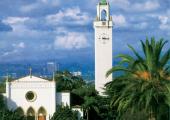
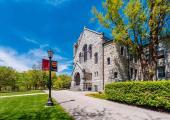
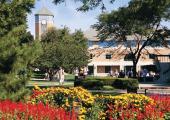
Session Two



Testing and Prerequisites
| Math | Verbal | |
|---|---|---|
| Required Level | CTY-Level | Not required |
Students must achieve qualifying scores on an advanced assessment to be eligible for CTY programs. If you don’t have qualifying scores, you have several different testing options. We’ll help you find the right option for your situation.
Sign up for Testing Learn MoreCost and Financial Aid
Tuition
- Varies
Application fee
- Nonrefundable Application Fee - $55 (Waived for financial aid applicants)
- Nonrefundable International Fee - $250 (outside US only)
We have concluded our financial aid application review process for 2025 On-Campus Programs. We encourage those who may need assistance in the future to apply for aid as early as possible. We are committed to serving all talented youth regardless of financial circumstances. Financial assistance is available based on need.
Course Materials
Students should bring basic school supplies like pens, notebooks, and folders to their summer program. You will be notified of any additional items needed before the course begins. All other materials will be provided by CTY.
Course Extras (Lab fee info, etc)
Lab fee: $180
Sample Reading
These titles have been featured in past sessions of the course, and may be included this summer. CTY provides students with all texts; no purchase is required.
- Forensic Science, by Anthony J. Bertino and Patricia Bertino
About Science and Engineering at CTY
Explore space and our planet
In our Introduction to Astronomy course, we’ll visit a nearby observatory or planetarium, see what the cosmos looks like through various spectra, and immerse ourselves in the science and technology that bring the universe closer to home. In Marine Ecology, we’ll visit local wetlands and tidepools, observe flora and fauna, collect water samples and analyze them for clues about their health and humans’ impact. And in The Global Environment, we will explore the human impact on our environment and generate proposals for addressing climate change.
Bond over chemistry
Our chemistry courses help you see the world differently, starting at the atomic level. The Edible World gives budding chefs and science lovers a glimpse into the chemical reactions that happen when we make food, and the chemical makeup of meals and treats we eat every day. In our Crystals and Polymers course, we’ll synthesize slime, grow rock candy, and isolate strawberry DNA to learn about the molecular structure of naturally occurring gems and human-produced plastics. In Chemistry in Society, we'll consider how the chemicals in products can both enhance and degrade the world around us; produce biodiesel in a lab to understand alternative fuels; and prepare aspirin to learn about the healing and toxic properties of pharmaceuticals.


